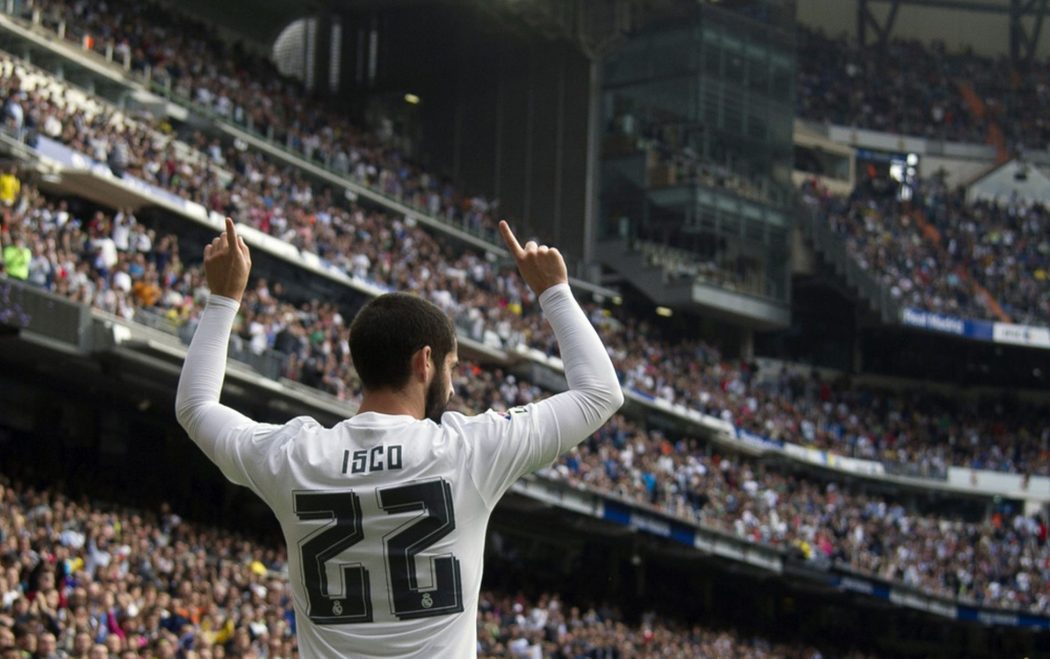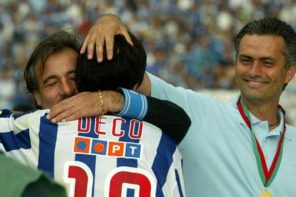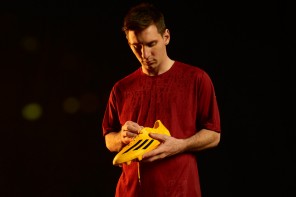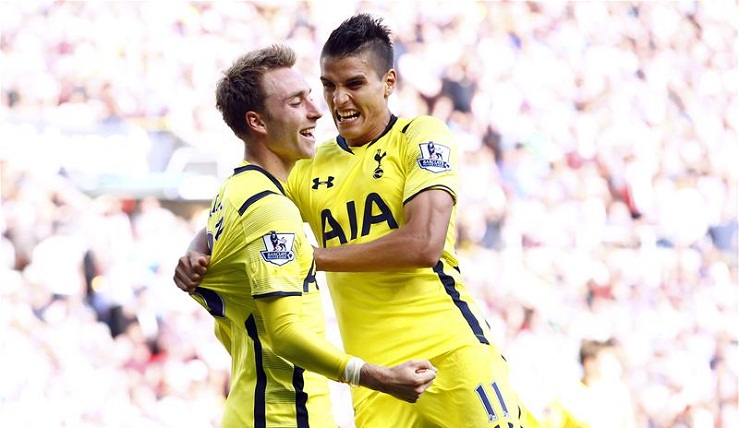By all accounts Isco has chosen to extend his stay at Real Madrid. At the time of writing, reports suggesting a 5-year contract extension will be signed by the Spanish playmaker, taking him to the age of 30.
On the face of it this would normally be cause for celebration: arguably the biggest club in the world showing faith and investing heavily in one of the most talented, sought-after players’ future – but a player, let’s face it, who has nowhere near been a guaranteed starter. And there lies the paradox of the situation.
Isco should have chosen to leave Real Madrid on the crest of a wave, just at the point when his stock’s as high as it’s ever been in the capital; just when he’s seemingly become integral – at least, that seemed to be the impression before the most recent Clásico. And that’s exactly why he should leave…
Having seemingly conquered Madrid by being in the form of his los Blancos career, Isco was dropped, again, for the perma-semi-injured most expensive player in the world for the club’s biggest game of the season. It cemented his position as a perma-substitute, remaining at the whim of the club’s Florentino Perez-inspired politics of Galactico rule. In other words, Isco will never be able to fulfil his true potential unless he moves. Now should have been that time.
Although life started promising in Madrid for Isco in 2013, it can’t be said the warning signs for any Number 10 joining were not plastered all over the club.
Isco had settled quickly by scoring the winner on his debut against Real Betis. He quickly followed this up with a double in a home win against Athletic Bilbao…then president Perez’s latest shiny new toy arrived before the end of the transfer window – Gareth Bale. The world’s most expensive player HAD to start and the fabled BBC was formed (Bale-Benzema-Cristiano). Such is life at Real Madrid.
Despite this, Isco began playing his way into the side by adjusting his style and approach, becoming more combative and workmanlike under coach Carlo Ancelotti. That was until that coach left and 2014’s shiny new toy arrived in the shape of James Rodriguez – another 10 who jumped straight into the same situation. The pair have faced an uphill battle to start ever since.
This campaign has saw Isco conquer James in terms of minutes on the pitch. Indeed, Isco is Madrid’s second highest appearance maker so far (36), but vitally only 15 have been starts. Remaining in Madrid runs the risk of being further supplanted by World Cup 2018’s shiny new model – if he hasn’t already been by summer 2017’s inevitable arrivals.
Whilst players do need to constantly prove themselves worthy of a start, Madrid is different: unless you have the reputation of a global superstar, you are doomed to be consistently disposable, regardless of form. It’s been this way for a long time in the Spanish capital.
It affected Gonzalo Higuaín, Sergio Canales (the Isco of that time) and (currently still) Alvaro Morata.
Particularly, look at Guti, whose talents deserved so much more, rather than being shoehorned left and right, in and out of the side throughout his Bernabéu career (though admittedly, his misuse was as much down to a variety of coaches mistrust in him as much as club politics. But most of all, look at Claude Makalele’s treatment: the ultimate example in the continuous pursuit of celebrity at the expense of form and functionality in the Spanish capital. History also shows it’s a model that’s even extended out to coaches, as Vicente Del Bosque infamously found out.
The most recent Clásico proved nothing has, or will ever, change for Isco at Real Madrid and demonstrates the constant uphill struggle he is condemned to walk there – just like a Spanish Sisyphus. His electric form in the absence of Bale during the build-up to the world’s biggest club game counted for nothing as he was benched as soon as the Welshman was deemed fit enough to start instead.
To add to the insult, Bale lasted just over half an hour after a recurrence of his injury. Not only that, Zidane then turned to Marco Asensio, not Isco, to replace the injured attacker. To compound frustrations further, Zidane chose James Rodriguez for his final substitution, who looked to have scored a game-saving equaliser at the death, before Leo Messi dumbfounded the watching world for the umpteenth occasion with a dramatic winner. A penny for Isco’s thoughts as he watched it all unfold from the substitute’s bench.
Although a notoriously fickle and hard-to-please bunch (just ask Cristiano Ronaldo), Madrid supporters have taken Isco to their hearts; though, worryingly for a playmaker but typical in this modern world of football, that’s been more down to his application and endeavour rather than his obvious technical ingenuity. The narrative that Isco needed to work harder in order to earn his place in the starting line-up has been perpetuated more than a few times in MARCA (Madrid’s leading newspaper) over the past 12 months, in an attempt to legitimise the excuse for his non-starting role. Articles have lauded the attacking midfielder for the amount of Kilometres he’s covered during matches rather than anything a creative player of his talent and skillset should be employed to provide, implying a perceived lack of workrate is the only thing that holds him back. Obviously, the athletic modern game demands a balance from almost every player nowadays, but nobody had ever previously accused Isco of being lazy…
That the team might be left unbalanced is not Isco’s fault, but hailing his performances for ‘running more’ and helping put out fires in midfield – expecting him to do the job of a player he quite clearly isn’t – damns him with faint praise. Yet Isco knows this and looks likely to remain wearing the famous all-white, despite strong interest from clubs of the stature of Liverpool, Juventus, Manchester City and Barcelona who will soon be looking to fill an Iniesta-shaped hole.
And whilst the Barcelona fantasista is certainly incomparable, that’s not to say Isco doesn’t share more than a few Iniesta-like traits, making him an ideal candidate for replacing the ageing Barca captain.
If not tempted to join the Catalan giants – and as the team he supported growing up, why wouldn’t he be? – Isco should at least look to another culé for inspiration.
Thiago Alcantara – who has been international teammates with Isco since the pair rose through the Spanish youth ranks together, with both famously starring whilst winning the U-21 European Championships in 2013 (the year which also saw Isco crowned Europe’s Golden Boy) – found himself in a similar position to his friend’s current predicament whilst at Barcelona.
Thiago was consistently behind the likes of Iniesta, Xavi, Sergio Busquets, Cesc Fabregas and Leo Messi in the pecking order (though arguably and crucially, those choices were down to those player performances warranting it, not just their names demanding it). Back then, Thiago had a tougher, indeed more sentimental decision to make in deciding to leave what was his boyhood club and city where he’d grown up.
Frustrated by his lack of minutes on the pitch, Thiago chose to leave in search of a starting position in a team that would allow his potential to flourish and his talents come to the fore consistently, as had been widely expected. That he chose to join Pep Guardiola at Bayern Munich – the one man with the single-mindedness who knew how best to employ Thiago’s unique talents (as exclusively told to us by Rodolfo Borrell) – was a calculated and clever move by the playmaker who’s now a permanent fixture in the powerful Bayern side, even after Guardiola’s departure. Isco would do right to look at his international teammate’s courage to take a gamble and give himself a better chance of fulfilling his potential.
They say the only way is down once you leave Real Madrid, but Isco should not see departure as failure – failure would be remaining; condemned to continuously swim against the tide and struggle in the forever stormy seas of Real Madrid with its own unique politics, where reputation and making statements are just as important as form – usually more so.
No, better to leave now whilst riding the crest of his Madrid wave, and head for new shores where he will be given a better chance of maximising his glittering potential.








